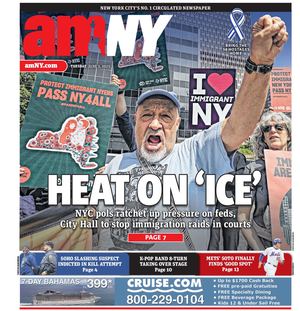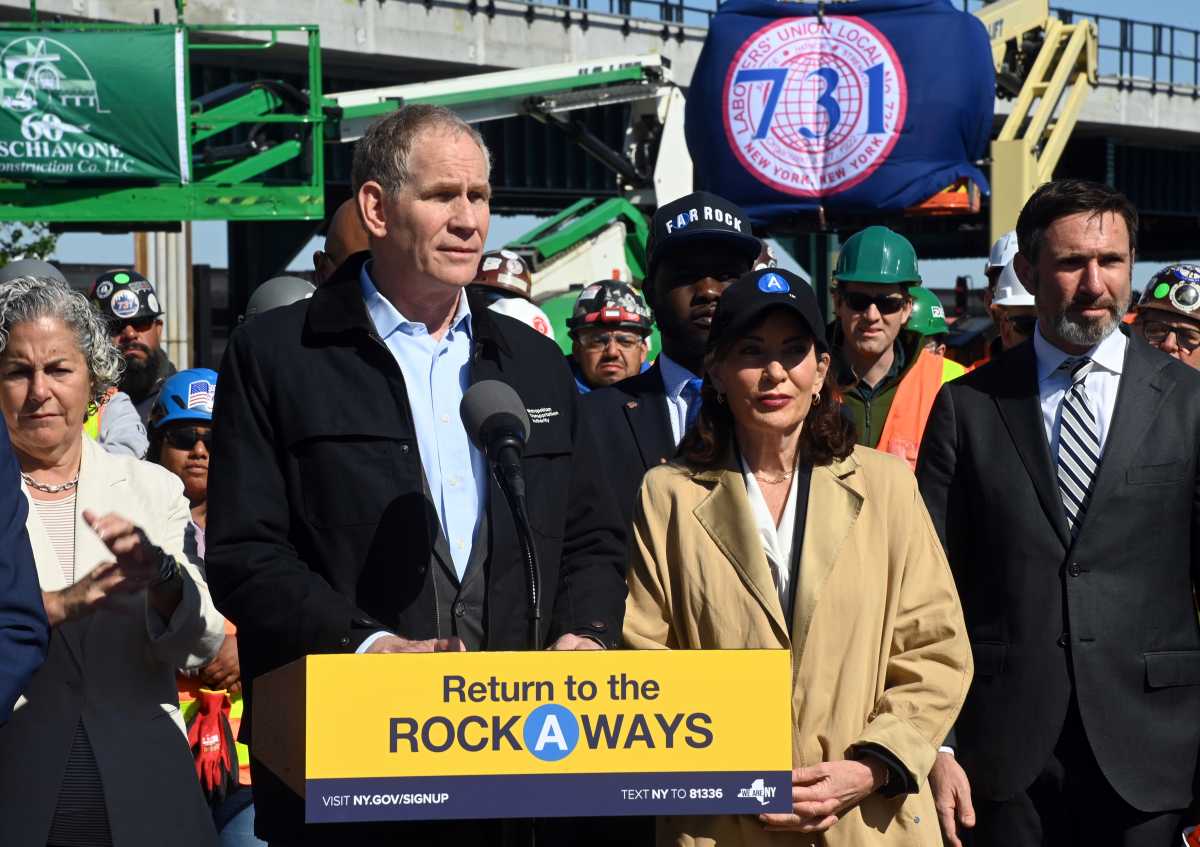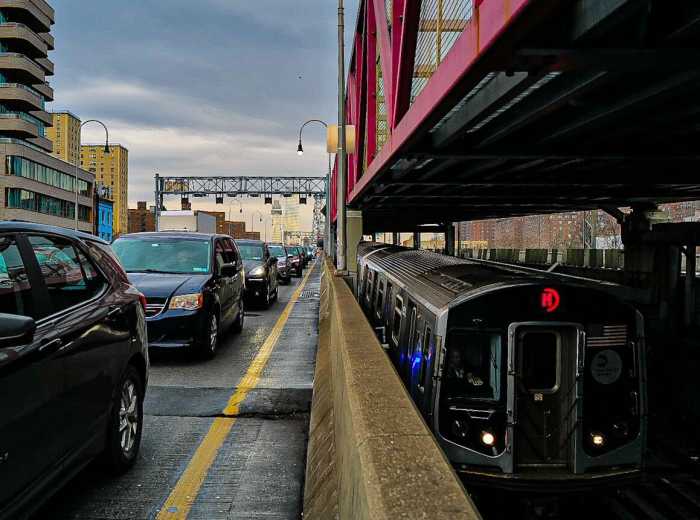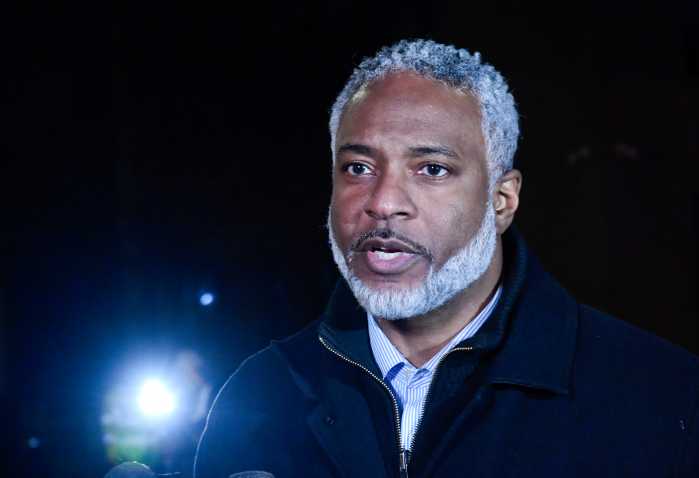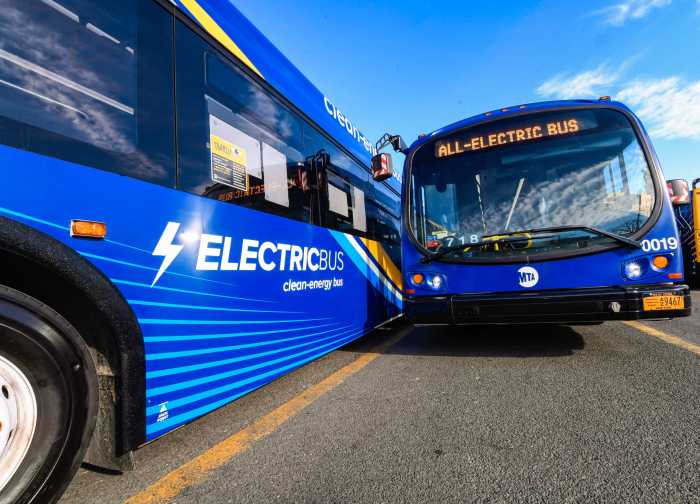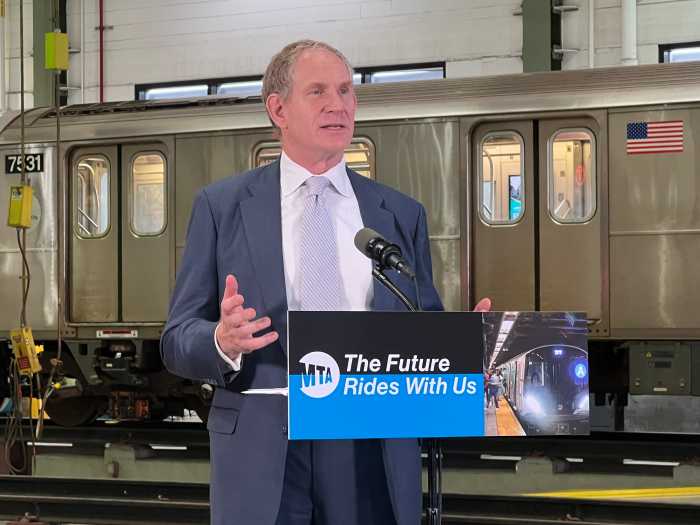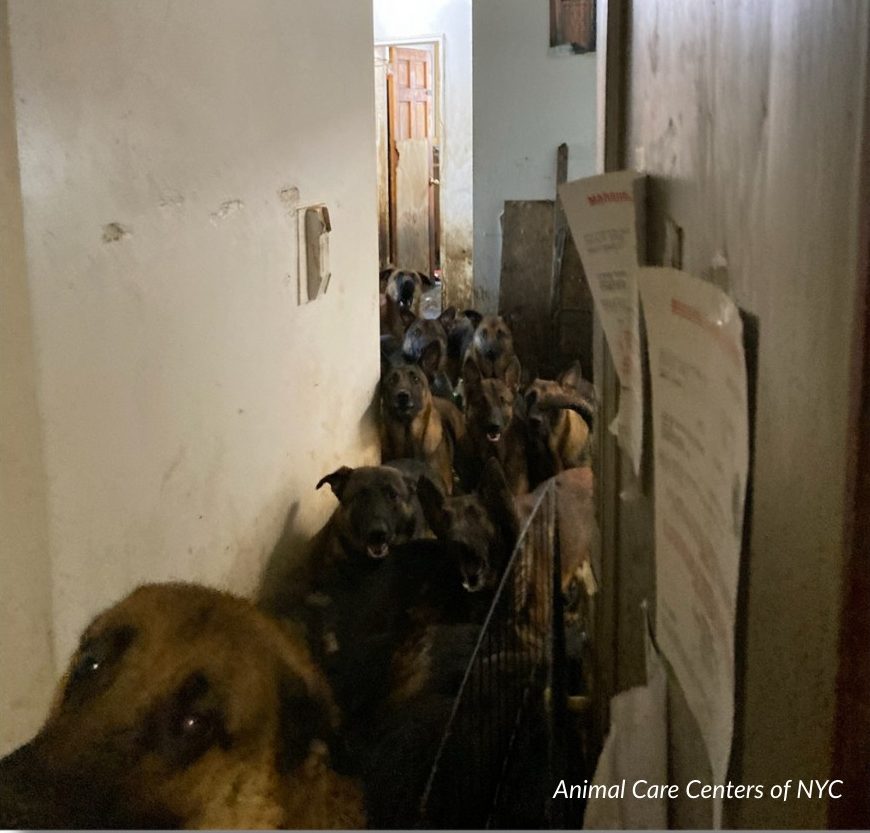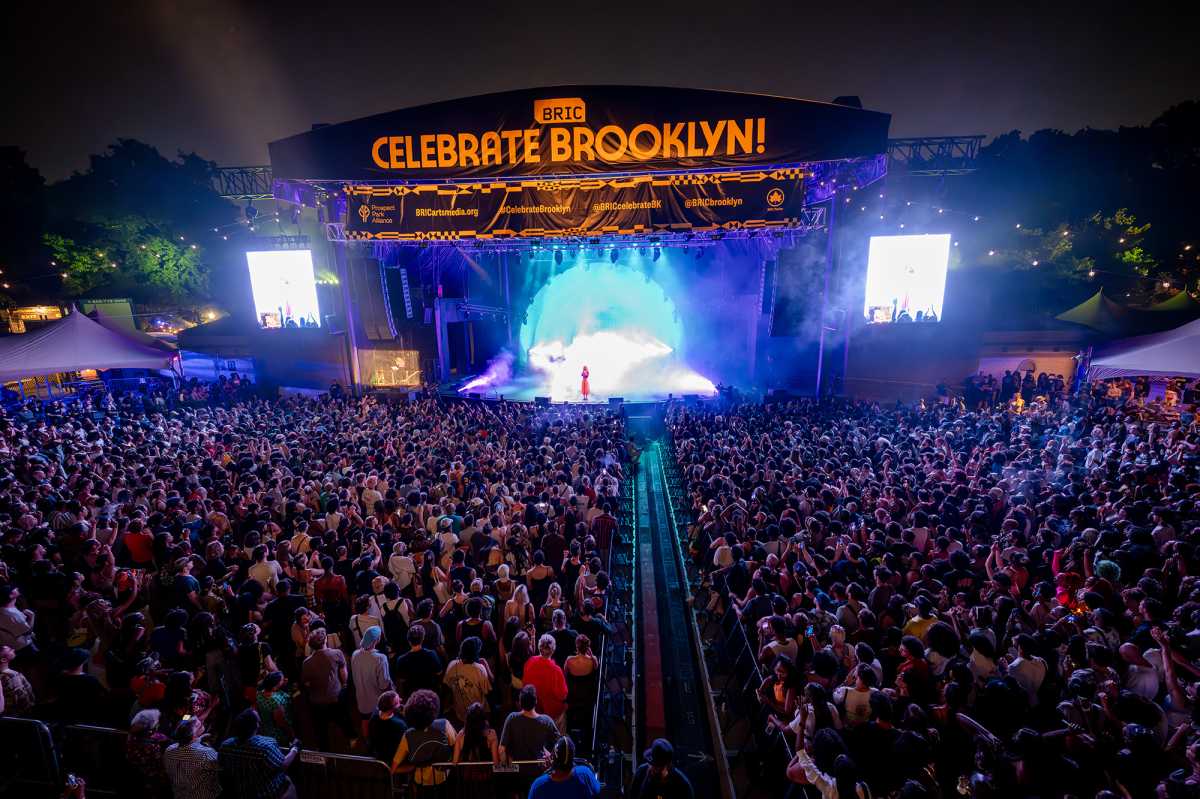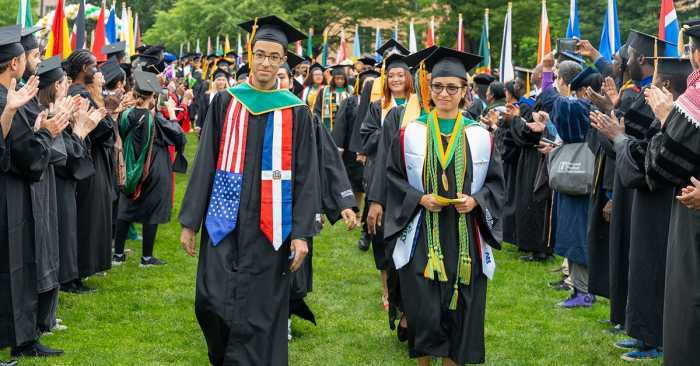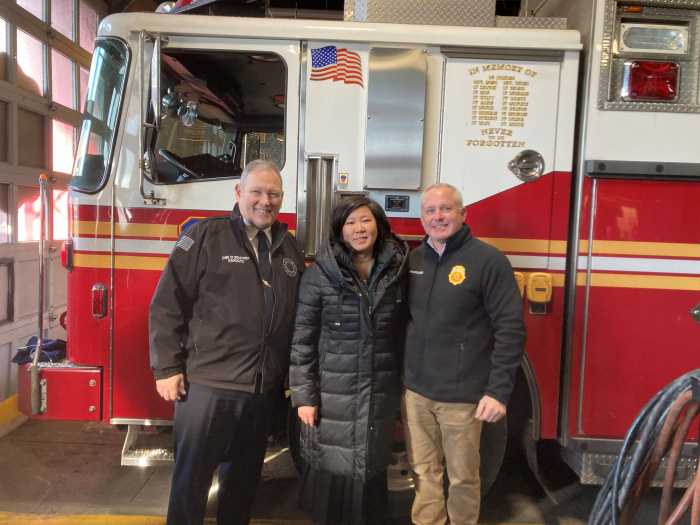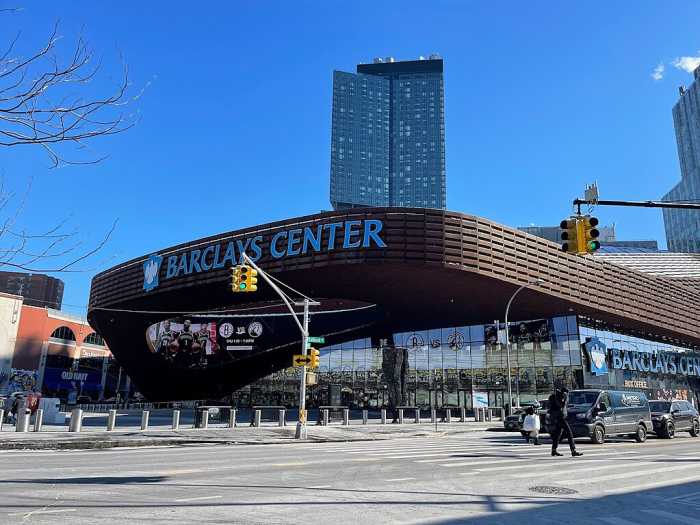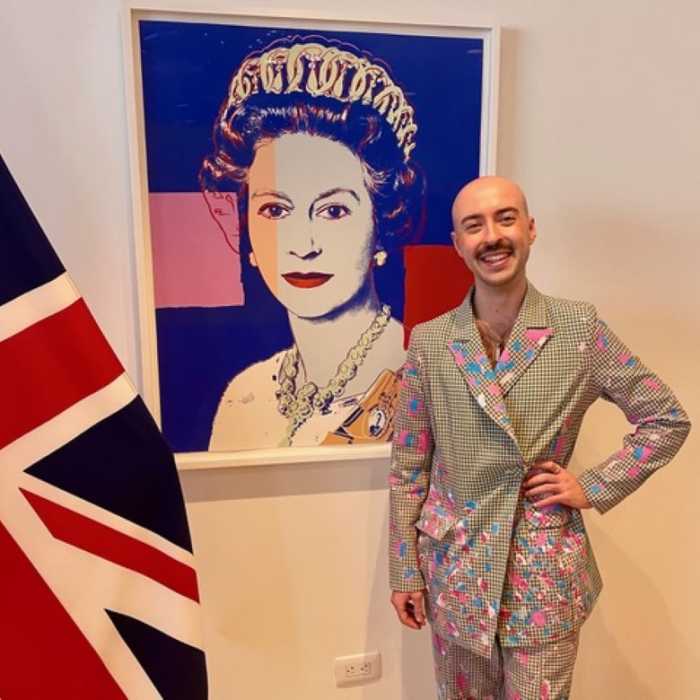In less than five months, congestion pricing has helped Manhattan’s Central Business District avoid nearly 10 million vehicle trips. That’s enough cars to fill Central Park 95 times over, and their disappearance from city streets hasn’t gone unnoticed by this newspaper and others, including the New York Times.
We’re all seeing the same thing: increased traffic speeds, faster peak commute times, quicker buses, and a humming regional economy. The program’s also right on target for revenue projections, generating $215.7 million to date for much-needed transit improvements like modern subway signals, electric buses, structural repairs, and the next phase of the Second Avenue Subway into East Harlem.
Despite this success, the federal government is still fighting our right to diagnose and attack New York’s own problems. The good news is we have a strong case in court.
Last week, the MTA and State of New York scored a major victory when Judge Lewis Liman directed the Trump administration to stop the threats and refrain from any punitive action, like withholding federal funding, to try to coerce us into killing congestion pricing.
We won’t let Washington drag us backwards. Congestion pricing is a rare example of the government taking a big swing on a complicated and highly controversial initiative and having it immediately pay off for constituents with benefits that are obvious to everyone.
It’s like a few years ago when the City prohibited smoking in bars. The tabloid press was panicked, but soon after it started, the ban was rightly recognized as a win. And just as it did on that issue back then, public opinion has shifted fast on congestion pricing.
In a recent Siena College poll, support for the program increased 18% from a month earlier. A majority of those responding said they supported the State and MTA’s effort to fight the feds. This movement is important.
New Yorkers are smart. They don’t want to waste time in traffic. They want a better transit system. These goals are finally within reach! It’s time to say goodbye to gridlock. We tried it for 50 years, and it was bad for our economy, our health and our quality of life.
We’re not going back.
Janno Lieber is MTA Chair and CEO.
